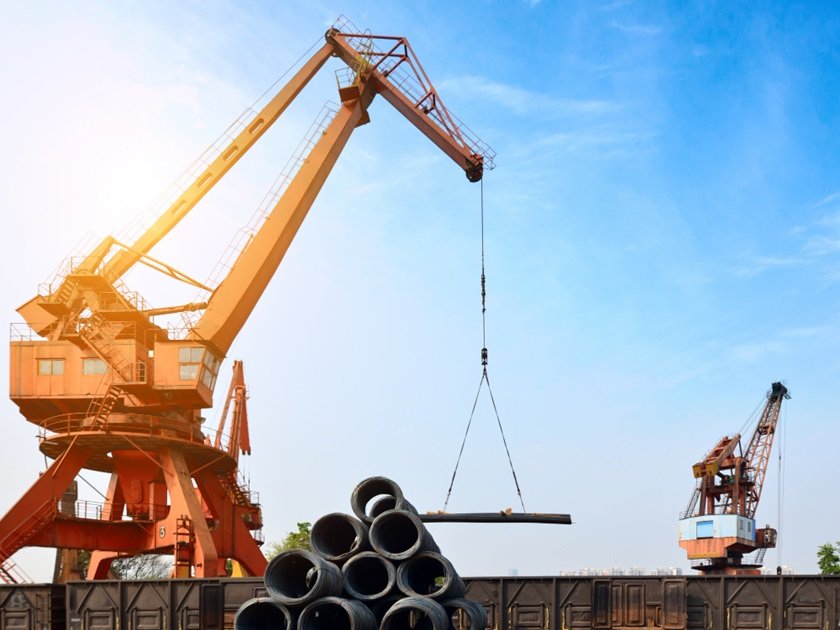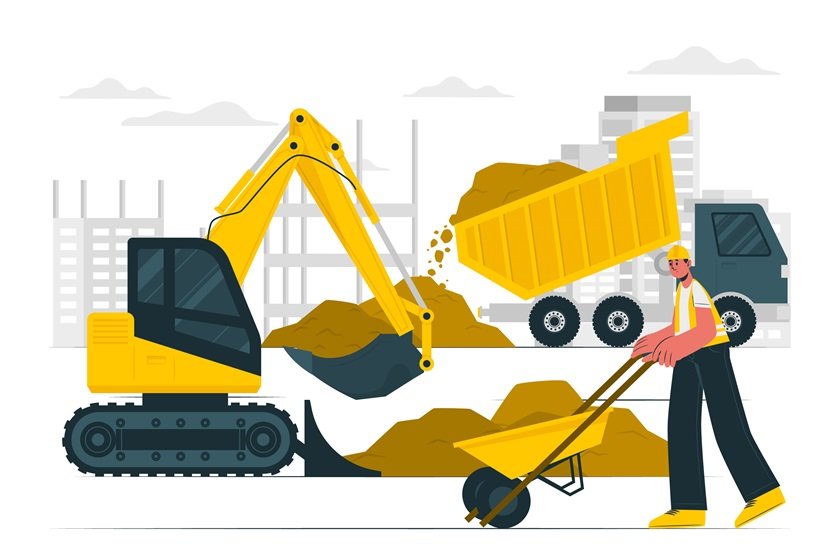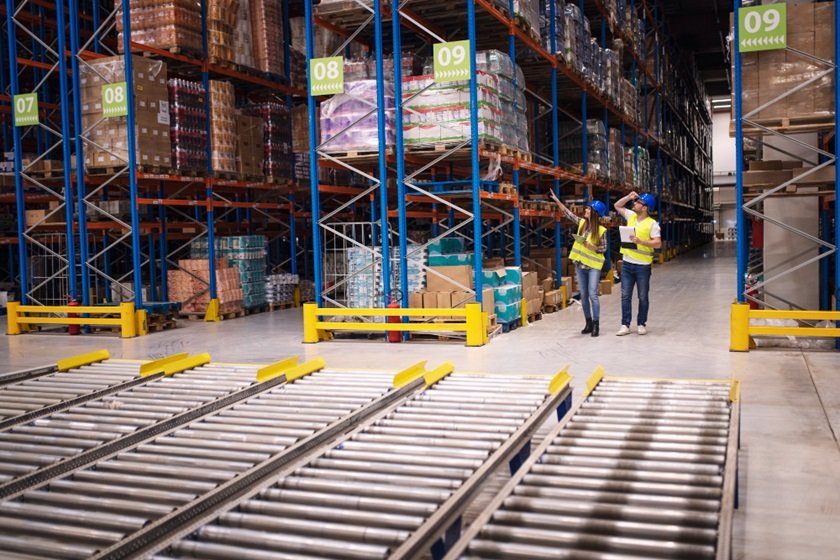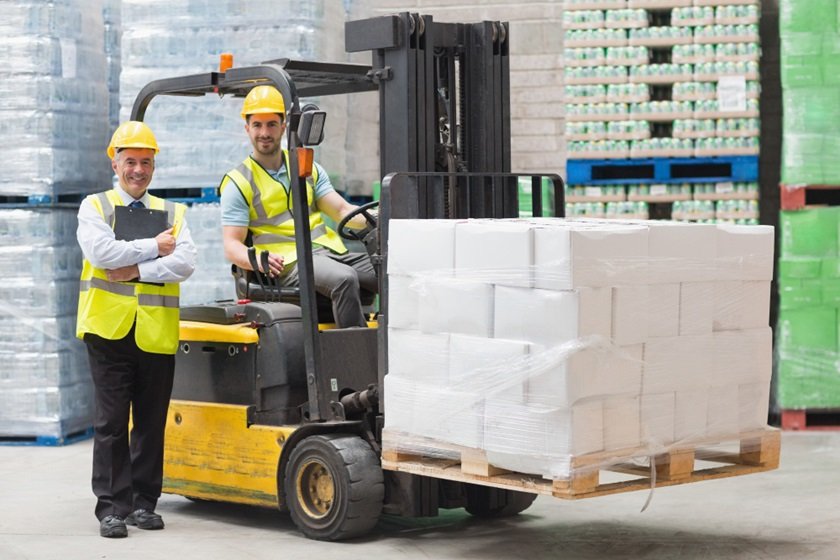Material handling plays a crucial role in the overall efficiency, productivity, and profitability of a business across various industries. Its impact extends far beyond simply moving goods from one place to another; effective material handling can significantly influence several aspects of a business’s operations. Here’s a closer look at the impact of material handling on your business:
1. Operational Efficiency:
Efficient material handling processes streamline the movement of goods within a facility, reducing bottlenecks and delays. By optimizing workflows, minimizing manual handling, and utilizing appropriate equipment, businesses can improve operational efficiency and throughput. This, in turn, allows for faster order fulfillment, reduced lead times, and improved customer satisfaction.
2. Cost Reduction:
Effective material handling practices can lead to significant cost savings for businesses. By minimizing product damage, reducing inventory holding costs, and optimizing storage space utilization, businesses can lower operational expenses. Additionally, efficient material handling reduces labor costs by minimizing manual handling tasks and maximizing the productivity of employees.
3. Inventory Management:
Material handling directly impacts inventory management processes. Properly organized storage facilities, efficient picking and packing procedures, and accurate inventory tracking contribute to better inventory control and reduced stockouts. By optimizing inventory management through effective material handling, businesses can minimize excess inventory, reduce carrying costs, and improve inventory turnover rates.
4. Workplace Safety:
Material handling activities pose inherent risks to workers, including injuries from lifting, repetitive strain, and accidents involving material handling equipment. Implementing proper safety protocols, providing adequate training, and using ergonomic equipment can help mitigate these risks and create a safer work environment. A focus on safety not only protects employees but also minimizes downtime and potential liabilities associated with workplace injuries.
5. Customer Satisfaction:
Efficient material handling directly impacts customer satisfaction levels. By ensuring accurate order fulfillment, timely delivery, and minimal product damage, businesses can enhance the overall customer experience. Satisfied customers are more likely to become repeat customers and recommend the business to others, driving customer loyalty and fostering long-term relationships.
6. Adaptability and Scalability:
Effective material handling practices enable businesses to adapt to changing market demands and scale their operations efficiently. Flexible material handling systems, such as modular storage solutions and versatile equipment, allow businesses to adjust their processes in response to fluctuating demand or changes in product mix. This adaptability ensures that businesses can remain competitive and responsive in dynamic market environments.
7. Environmental Impact:
Material handling processes can also have environmental implications, including energy consumption, emissions, and waste generation. Implementing sustainable material handling practices, such as energy-efficient equipment, recycling programs, and eco-friendly packaging, can help minimize the environmental footprint of operations. By reducing resource consumption and waste generation, businesses can demonstrate their commitment to environmental stewardship and enhance their brand reputation.
In conclusion, material handling has a profound impact on various aspects of a business, including operational efficiency, cost reduction, inventory management, workplace safety, customer satisfaction, adaptability, and environmental sustainability. By implementing effective material handling practices, businesses can optimize their operations, improve competitiveness, and achieve long-term success in their respective industries.





